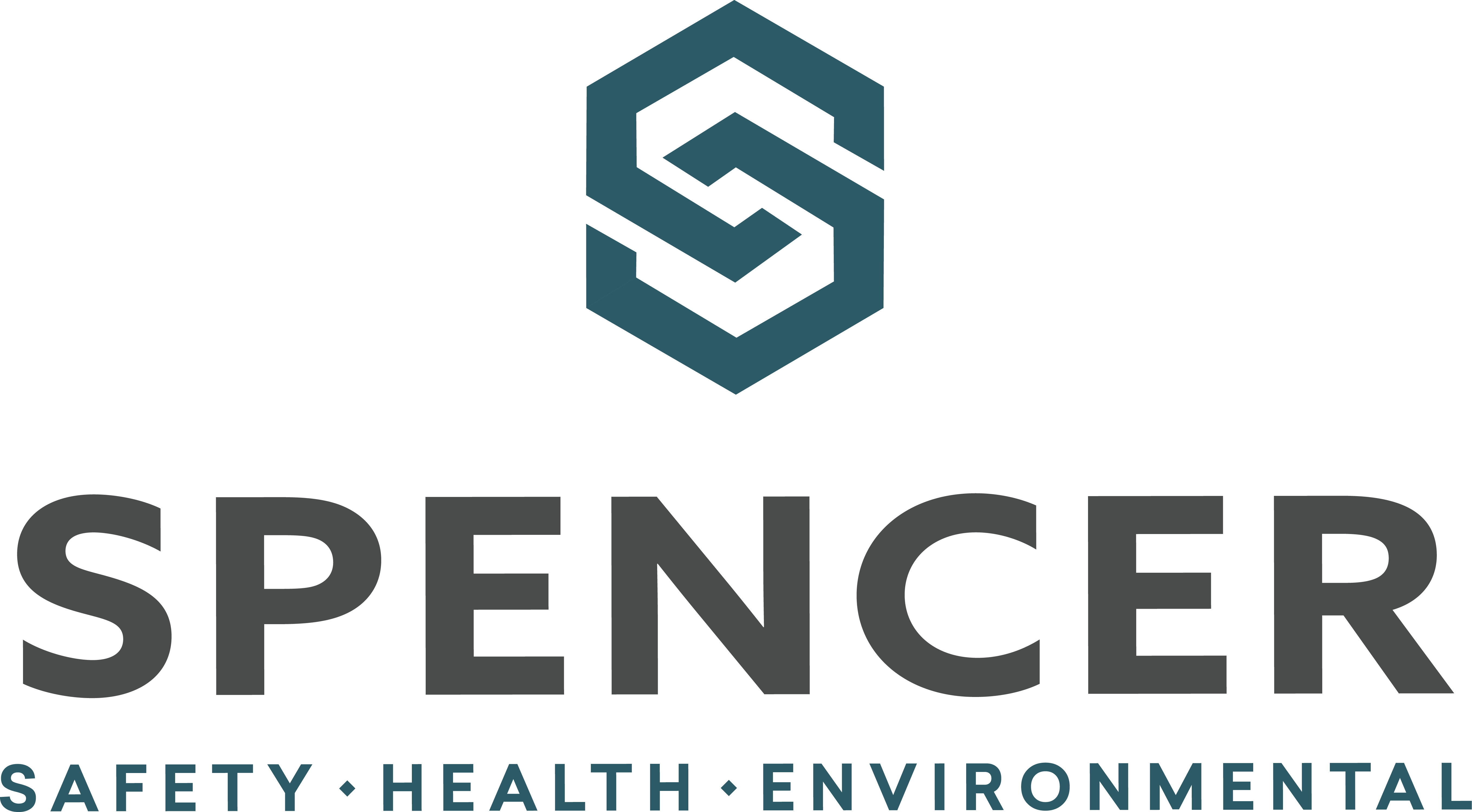ASTM International is one of the largest voluntary standards developing organizations in the world. It is a not-for-profit organization that provides a forum for the development and publication of international voluntary consensus standards for materials, products, systems, and services.
The technical committees provide standards for specific areas for environmental protection, environmental site assessments, and health and safety protocols utilized in the workplace. Volunteer members represent producers, users, consumers, government, and academia from more than 140 countries. They develop technical documents that are the basis of manufacturing, management, procurement, codes, and regulations for dozens of industry sectors.
ASTM volunteer members belong to one or more standards-writing committees, each of which covers a subject area such as steel, petroleum, medical devices, consumer products, nanotechnology, additive manufacturing and many more. These committees develop the more than 12,000 ASTM standards found on their site and in the 80-volume Annual Book of ASTM Standards.
What Are ASTM Standards and Who Follows Them?
The ATSM standards cover several processes in manufacturing and technical industries, and each requirement falls into a specific category. The ASTM standards list includes:
- Terminology: A basis for all standards, the terminology section defines all essential phrases, words, and acronyms.
- Specification: This section describes the requirements a material, system or service must meet. Specifications can include chemical and physical properties and performance standards.
- Test method: These regulations describe how manufacturers should test their products and what results they should expect. This process may include measurement processes and characteristic evaluations.
- Classification: In this area, ASTM categorizes materials, systems and services based on shared characteristics.
- Practice: ASTM provides a specific set of instructions for certain procedures to maintain a general practice in an industry. This section does not incur a result like the test method section.
- Guide: Rather than instructions, the guide offers suggestions for practices. Guide standards provide a sense of direction without outlining rigid requirements.
Their standards are used by individuals, companies, and other institutions around the world. Purchasers and sellers incorporate standards into contracts; scientists and engineers use them in their laboratories and offices; architects and designers use them in their plans; government agencies around the world reference them in codes, regulations, and laws; and many others refer to them for guidance.
These standards apply to industries like:
- Paints
- Metals
- Plastics
- Food processing
- Textiles
- Petroleum
- Energy
- Electronics
- Medical devices
Also, these standards are voluntary in that we do not mandate their use. However, government regulators often give voluntary standards the force of law by citing them in laws, regulations, and codes. In the United States, the relationship between private-sector standards developers and the public sector was strengthened with the 1995 passage of the National Technology Transfer and Advancement Act (Public Law 104-113). The law requires that government agencies use privately developed standards whenever possible, saving taxpayers millions of dollars by simplifying formerly duplicative standards development efforts.
To download more information to learn more about standards, testing and more, go to:
https://marketing.astm.org/acton/media/9652/astm-compass-digital-standards
Spencer-SHE is a member organization and maintains knowledge of relevant standards to provide our clients current and leading-edge compliance assistance.
Spencer-SHE has been providing Safety, Health and Environmental Compliance Guidance since 1980, offering clients cost-effective, turn-key solutions. Contact us here to help you to develop and maintain a safe and healthy workforce.
Sources:
https://blog.hunterlab.com/blog/validation-compliance/what-is-astm-compliance/

